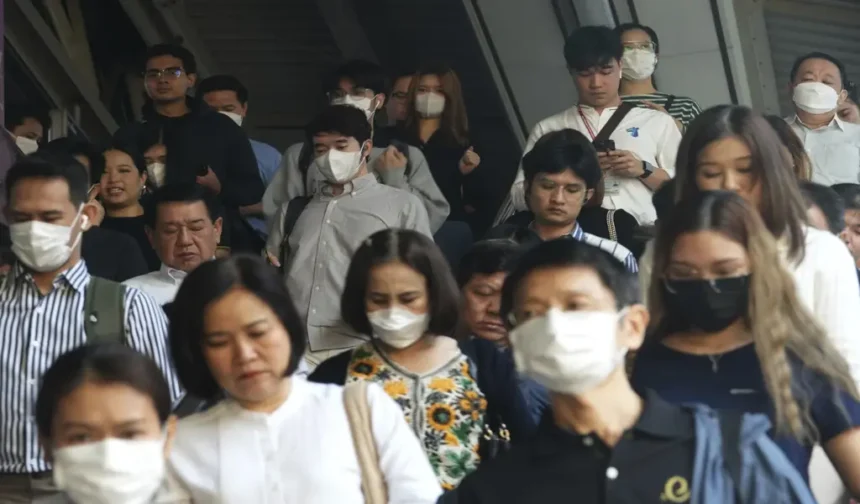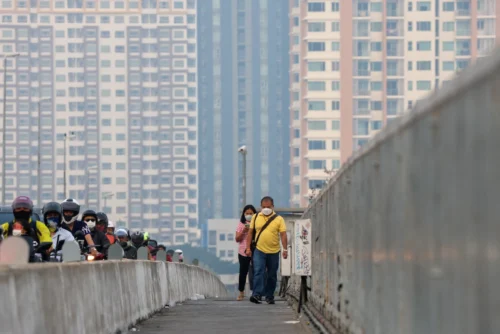According to a statement released by the Beijing Municipal Ecology and Environment Bureau on Tuesday, Beijing and Bangkok will concentrate on practical collaboration in the control of air pollution over the next three years.
According to a memorandum of understanding (MOU) recently signed by the environmental authorities of Beijing and Bangkok, the capital of Thailand, Beijing will share its best practices in the fight against air pollution with Bangkok, which is Beijing’s sister city.
Beijing’s Air Pollution Improvements Serve as Model for Bangkok
At the same time that China and Thailand are celebrating the 50th anniversary of their diplomatic relations, the Beijing Municipal Ecology and Environment Bureau and the Environment Department of the Bangkok Metropolitan Administration signed a Memorandum of Understanding on Air Quality Monitoring and Management Cooperation. The signing took place through the use of video.
This three-year memorandum of understanding (MOU) states that Beijing will share its best practices with Bangkok in the fight against air pollution. In particular, Beijing will cooperate with Bangkok in monitoring and reducing PM2.5 pollutants, which are airborne particles with a diameter of 2.5 microns or less.
Through cooperation efforts, Beijing will allow both parties to visit each other, provide training sessions and assist Bangkok in its pilot projects.
Many measures to clean up the air have greatly improved Beijing’s air quality over the past few years.
In 2024, Beijing’s average concentration of particulate matter 2.5 was 30.5 microgrammes per cubic metre, which means that the city has met national guidelines for the past four years in a row.
During the previous year, the annual average concentrations of PM2.5, PM10, nitrogen dioxide, and sulphur dioxide in Beijing had reduced by 65.9%, 50%, 57.1 %, and 88.7 %, respectively, compared to the levels recorded in 2013.
















